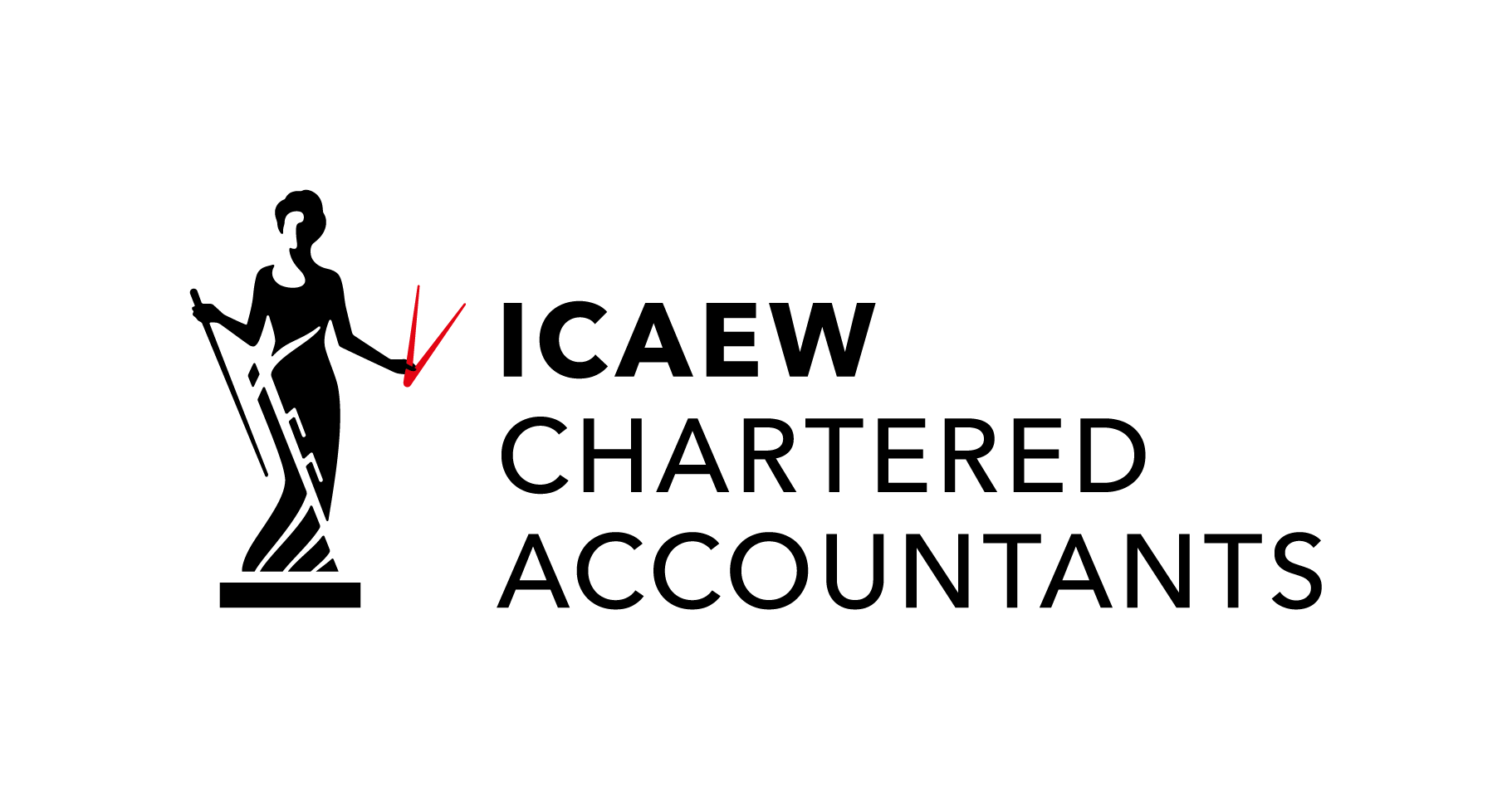
Quote by Nigel Holland.
“Chancellor Rachel Reeves plans to focus the Autumn Budget on taxing wealth and assets rather than income. This is worrying.
She ruled out a new wealth tax but highlighted measures such as VAT on private school fees, ending non-dom status, and taxing private jets. Reeves also noted possible changes to the Office for Budget Responsibility’s remit.
Further details on potential adjustments to pensions, property, and capital gains are expected in the Budget.”
Press Release
Chancellor Signals Shift Toward Asset-Based Taxation Ahead of Autumn Budget
Chancellor Rachel Reeves has indicated that the upcoming Budget will focus on taxing wealth and assets rather than income, as she aims to ensure those with the “broadest shoulders” contribute more to the public finances.
Speaking at the International Monetary Fund (IMF) meetings in Washington, Reeves suggested that higher earners may not be the primary target of new tax measures, raising the possibility of changes affecting pensions, capital gains, or property wealth.
Her comments come amid growing speculation about how the government intends to plug fiscal gaps created by changes in welfare policy and rising borrowing costs. Official figures show that household wealth is significantly concentrated among older age groups, with average wealth for households aged 65–74 exceeding £500,000. In comparison, households aged 45–54 hold just under £302,000, while those aged 25–34 have less than £110,000 on average.
Addressing questions on wealth at the IMF conference, the Chancellor clarified that “wealth is obviously different from income,” and that it’s not defined solely by annual salary levels. She reiterated her position against a standalone wealth tax but pointed to existing measures that already tax wealth.
“We’re not going to be introducing a wealth tax,” Reeves said. “But we have taken steps to tax wealth more fairly—such as applying VAT to private school fees, ending non-domicile tax status, and extending taxes on private jets. These were the right decisions under the circumstances.”
Reeves also emphasised her track record, citing measures from last year’s Budget, including adjustments to inheritance tax relief on farms and family businesses, and increases to capital gains tax on certain assets.
In a further development, the Chancellor signalled a potential change to the role and remit of the Office for Budget Responsibility (OBR), following recent recommendations from the IMF. Options under consideration include shorter forecast periods and changes to how the OBR assesses compliance with fiscal rules.
“With the current structure of forecasts, it’s difficult to operate with just one major fiscal event per year,” Reeves noted.
While she acknowledged the government’s current £9.9bn budget buffer, Reeves downplayed speculation about significantly increasing fiscal headroom. “Would I like more headroom? Of course,” she said. “But that requires either more tax revenue or reduced spending on key public services like the NHS. It’s about finding the right balance.”
With the Chancellor’s second Budget approaching, businesses and households alike will be closely watching for further details on any changes to taxation and fiscal policy.
